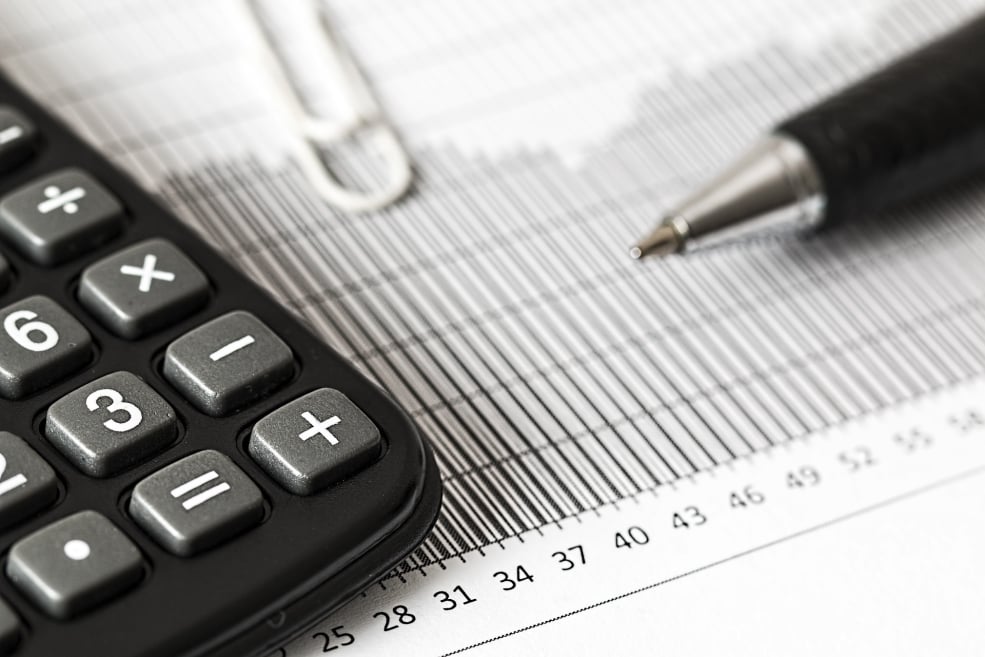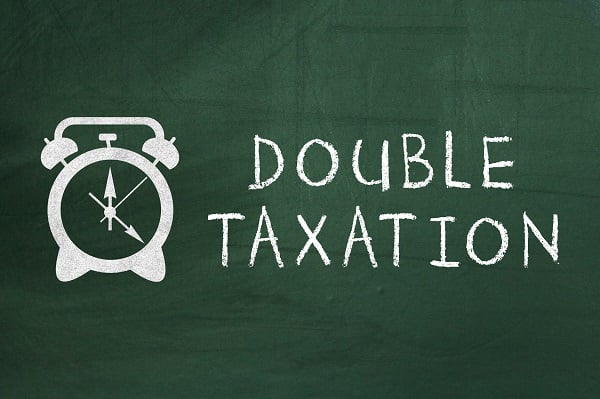Tips and Strategies for Managing Debt
Debt is something that most of us will encounter at some point in our lives. It can come in many forms, such as student loans, mortgages, car loans, or credit card debt. While incurring debt is often necessary for major life investments, it can also pose a significant burden if not properly managed. Without strategic planning and diligent action, debt can quickly spiral out of control, leading to financial stress and hardship. Here are some tips and strategies for managing debt using personal checking accounts and other important financial tools.
The Importance of Good Debt Management
Good debt management is crucial for maintaining financial health and stability. It involves tracking and controlling your debts, ensuring timely payments, and making informed decisions about borrowing and repayment. Effective debt management can prevent late fees, high-interest costs, and damage to your credit score. It also provides peace of mind, knowing that your financial obligations are under control.
Good debt management can open doors to future opportunities. A strong credit history can lead to better interest rates on loans and credit cards, potentially saving you thousands of dollars over time.
Pay Bills When They Arrive
One of the simplest yet most effective strategies for managing debt is to pay your bills as soon as they arrive. This reduces the risk of forgetting a payment and incurring late fees or interest charges.
Prioritizing Debt Payments
Not all debts are created equal. Different debts come with different interest rates and consequences for non-payment. Therefore, it's important to prioritize your debts to manage them effectively.
Typically, it's advisable to prioritize high-interest debts, as they cost more over time. This is known as the 'avalanche' method of debt repayment, where you pay off debts with the highest interest rates first while making minimum payments on others.
Always Make the Minimum Payment to Avoid Fees
Regardless of your debt repayment strategy, always make at least the minimum payment on all your debts each month. Failure to do so can result in late fees, increased interest rates, and a negative impact on your credit score. Even if you can't pay off a debt in full, making the minimum payment shows lenders that you're committed to meeting your financial obligations.
READ FULL ARTICLE>



